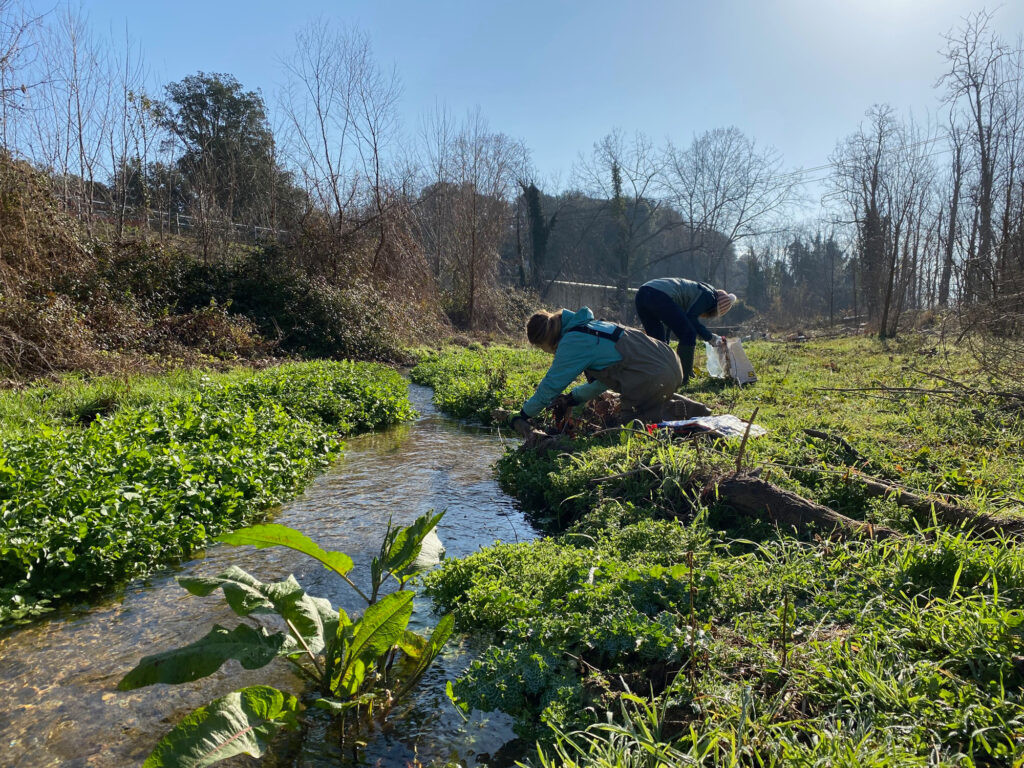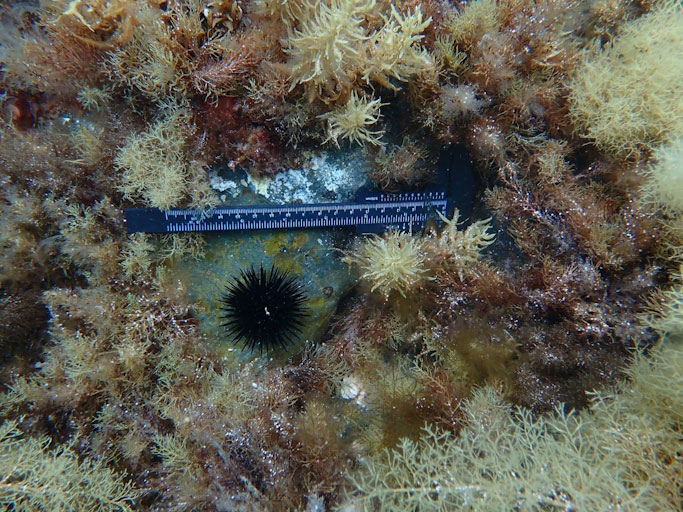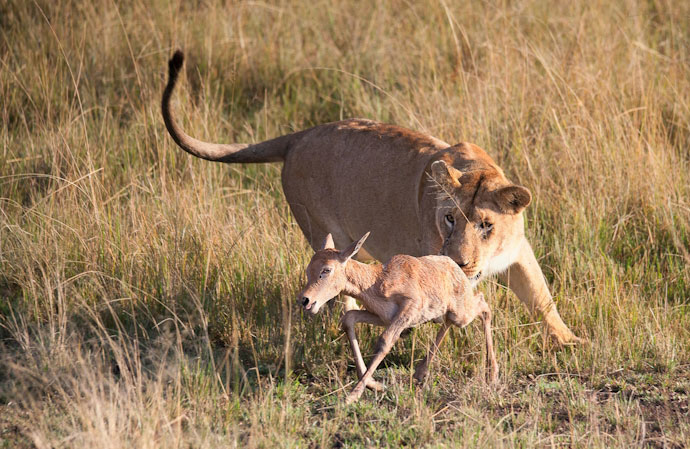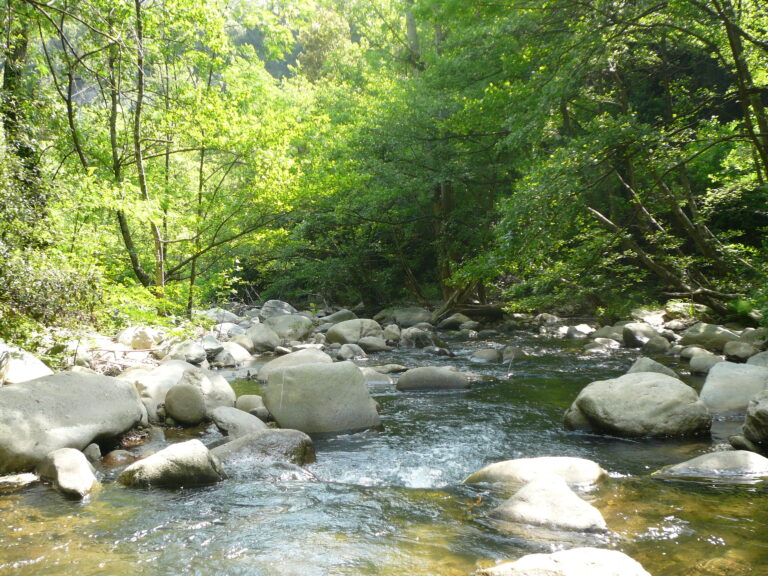An international study, led by the Gender and Science Working Group of the Iberian Association of Limnology and involving researchers from CEAB-CSIC, reveals that caring for elderly and/or dependent people has a strong impact both on scientific careers and on the personal lives of those who take on this responsibility — the vast majority of whom are women.
The research, recently published in Scientific Reports, concludes that female academics experience more severe and diverse physical and mental consequences than their male counterparts as a result of these caregiving duties. In addition to affecting their health and quality of life, taking on such responsibilities also hampers their career progression and professional outlook.
The study highlights that elder care is treated as an “invisible” problem at an institutional level. Interviewees reported a lack of support from their universities and research centres, which further exacerbates the burden silently borne by many women in academia.
This work sheds light on a phenomenon described as the “triple role” of women scientists: to their already demanding professional and family roles as mothers, a third one is added — caring for elderly or disabled relatives. This triple burden generates hidden and often unrecognised effects that limit women’s academic development and perpetuate gender inequality in science, the study argues.
Although the research focused on the fields of environmental science and sustainability, the authors believe the conclusions are applicable to other disciplines as well as to different geographical regions beyond those included in the study.
In this study, CEAB-CSIC researchers Anna Lupon and Núria Catalán are co-authors. Together with other scientists from the Centre, they are part of the Gender and Science Working Group of the Iberian Association of Limnology.











